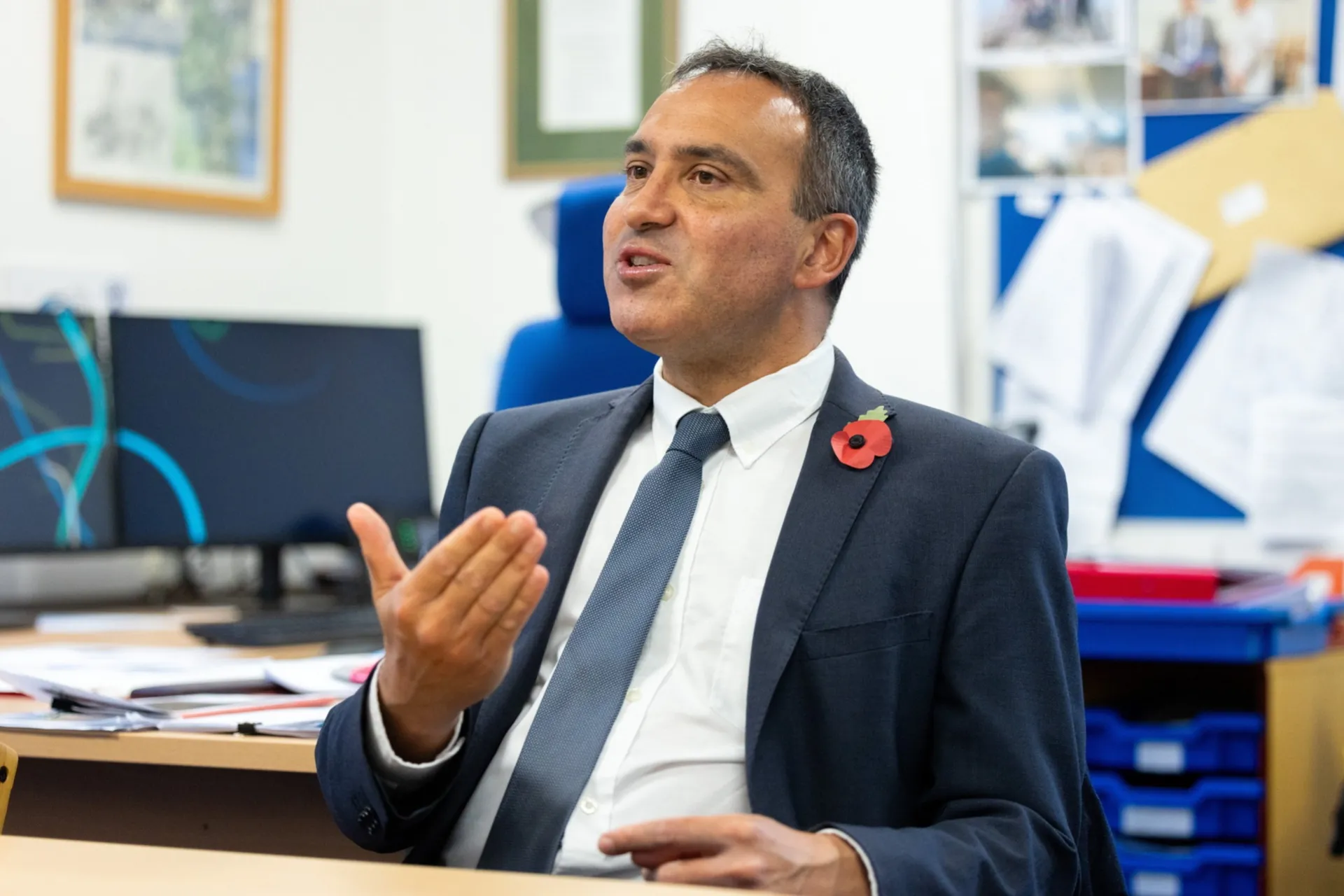Philip Hurst is the headteacher of what he proudly describes as a “phone-free school”.
Thomas Mills High School in Framlingham, Suffolk, is among a growing number of UK schools choosing to impose strict rules on smartphones as concerns mount over their impact on children’s mental health.
Since September, the pupils — aged between 11 and 16 — have been asked to put their phones into lockers when they arrive, where they remain until the bell rings at the end of the day.
“The whole idea is that if they are out of sight, they are out of mind,” Hurst tells the Financial Times. Previously, the 1,000 children in his school were not allowed to look at phones while in lessons, but were allowed to keep phones in pockets and school bags.
Just four phones have been confiscated since the ban was introduced two months ago, he said, “whereas that would have been a daily occurrence in the past”.
The death of British teenager Molly Russell, who took her own life after viewing thousands of posts about suicide, depression and self-harm online, was one reason behind Hurst’s decision to impose a ban.
“I am seriously worried about the mental health effect of the time children are spending on phones,” he said. “I wasn’t prepared to just wait for someone to tell me I had to take action.”
